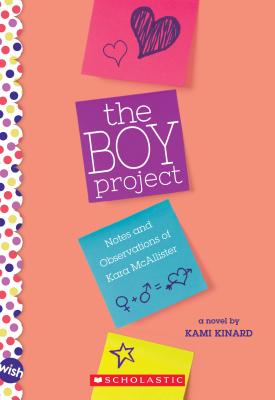

I kept the bead stringing supplies because-hey-everyone needs a hobby! (And if you’re serious about this, writing can’t be your hobby.) The banjo went to a friend who’d borrowed it a few times. I gave my metalworking supplies to a cousin in design school. I realized that in order to capture my dreams, I needed to focus on my quest for inspiration. When it didn’t, I was wandering off of the trail.

The reason I wasn’t moving forward with my writing was that I was waiting for inspiration to lead me.

Reading this quote resulted in an important ah-ha moment for me. Here, I’ve made a little poster of it for you, so you can print it out and hang in your workspace. One of the quotes featured in it was just a few words from Jack London. You might say I experienced a lifestyle change because of this book. Then I purchased the book that changed my methods, and ultimately led to publication success. I took courses in metal working, I learned bead stringing techniques, I started a small jewelry-making business, and I even learned to play the banjo. When I didn’t feel inspired to write, I used my free time to do other things. Whenever I felt inspired, I wrote and wrote and wrote. I purchased books of writerly advice, and books featuring quotes from authors. So I devoured Writer’s Market and Children’s Writers Market.

It was a lot of fun.īut I wanted to do more than have fun. So I played around with different genres. When I first started out, more than a decade ago, I wasn’t exactly sure what type of writer I wanted to be. What? You too? It’s pretty common (but not necessary) among we writer types. The diary format and light material may appeal to struggling readers, but it is not a necessary purchase.I’m one of those people who has always known I wanted to be an author. The stakes are raised as the story progresses and the plotline about the cupcake business is interesting, but it gets drowned out by the melodrama. The concept of a young teenager using a math instead of guesswork as a way to predict the future is an interesting one, but the convenient solutions to problems and lack of character development weaken the book as a whole. The Boy Problem feels like several books at once-one about life as a seventh grader, one about a budding cupcake business, and another about a girl hunting for a boyfriend. Once she's assigned a probability project, she sees the perfect opportunity to use math as a means to predict her romantic future. Gr 6–10-Tabitha Reddy has been unlucky in love as of late, but her belief in the power of prediction means that she's starting to see signs that things are looking up.


 0 kommentar(er)
0 kommentar(er)
